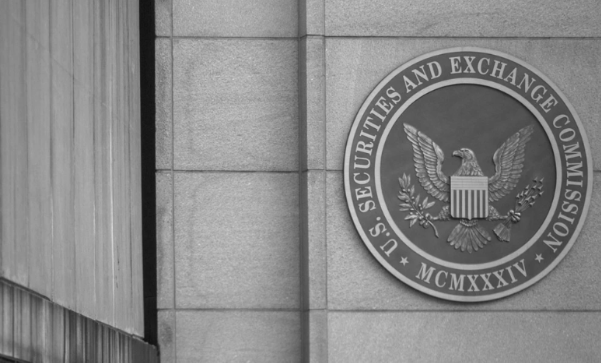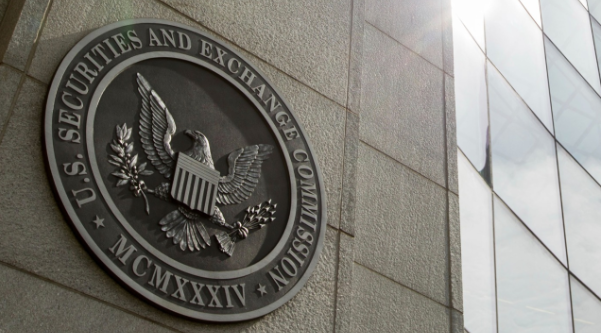SEC Withdraws from Legal Defence of Climate Disclosure Rules
The SEC has reversed course on its climate disclosure regulations, officially announcing it will no longer defend the rules in court. Originally adopted in March 2024 to enhance transparency around climate-related financial risks, the rules quickly became the subject of legal controversy. The latest decision marks a pivotal development in the ongoing debate over the role of federal regulators in mandating sustainability disclosures.

The U.S. Securities and Exchange Commission (SEC) has voted to end its legal defense of its final climate-related disclosure rules, adopted in March 2024, amid escalating legal challenges. The decision, published in an official statement on 27 March 2025, marks a significant shift in the Commission’s position, as it will no longer defend the rules in ongoing litigation before the Eighth Circuit Court of Appeals.
Background: From Adoption to Legal Disputes
The final rules, formally titled The Enhancement and Standardization of Climate-Related Disclosures for Investors, were adopted by the SEC on 6 March 2024 after extensive consultation and over 24,000 comment letters. The rules require public companies to disclose material climate-related risks, governance structures, transition plans, and, for larger filers, Scope 1 and 2 emissions.
The SEC positioned the rules as essential for providing investors with consistent and reliable information on climate-related financial risks. Shortly after the final rules were adopted, the SEC faced a wave of legal challenges. Twenty-five Republican state attorneys general, led by Iowa AG Brenna Bird, argued that the rules exceeded the SEC’s statutory authority and imposed costs on companies and excessive burdens. The U.S. Chamber of Commerce also led a petition requesting a stay. These and other petitions were later consolidated in the Eighth Circuit Court of Appeals.
In April 2024, the SEC announced that it would pause the implementation of the climate disclosure rules pending a review of the legal petitions. At the time, the Commission stated that it intended to “continue vigorously defending” the rules.
Leadership at the SEC changed in early 2025, when Chair Gary Gensler resigned following the U.S. presidential election. Commissioner Mark Uyeda was appointed Acting Chair. Uyeda has previously criticised the climate rules, arguing in his February 2025 statement that they risk overstepping the SEC’s mandate and imposing unnecessary complexity without improving investor decision-making. President Trump’s nominee for SEC Chair, Paul Atkins, is currently undergoing confirmation and has also voiced opposition to the climate disclosure rules.
Current Status and Diverging Views Within the Commission
The SEC’s 28 March 2025 announcement confirms that it will no longer participate in the legal defence of the climate-related disclosure rules. According to Acting Chairman Mark T. Uyeda, “The goal of today’s Commission action and notification to the court is to cease the Commission’s involvement in the defense of the costly and unnecessarily intrusive climate change disclosure rules.” This statement underscores a decisive pivot in the SEC’s enforcement posture under new leadership.
Commissioner Caroline A. Crenshaw issued a strong dissent in response to the SEC’s decision to withdraw its legal defence of the climate-related disclosure rules. She argued that the rules were the result of a multi-year, transparent process, grounded in investor demand and aligned with the SEC’s statutory authority. Crenshaw criticised the current Commission majority for attempting to dismantle the rule “by way of politics” and by passing the procedures mandated by the Administrative Procedure Act (APA). She warned that ceasing to defend the rule in court, while not formally rescinding it, places the Commission in “a strange and perhaps untenable situation,” effectively abdicating its responsibility to investors, issuers, and the markets. In her view, this move sets a troubling precedent of “policy-making through avoidance and acquiescence,” undermining the SEC’s governance standards and institutional integrity.
As of now, the rules remain formally in place, though their future implementation appears uncertain. The SEC’s decision not to defend them signals a shift in regulatory priorities and leaves the ultimate fate of the climate disclosure framework subject to judicial and political developments.



